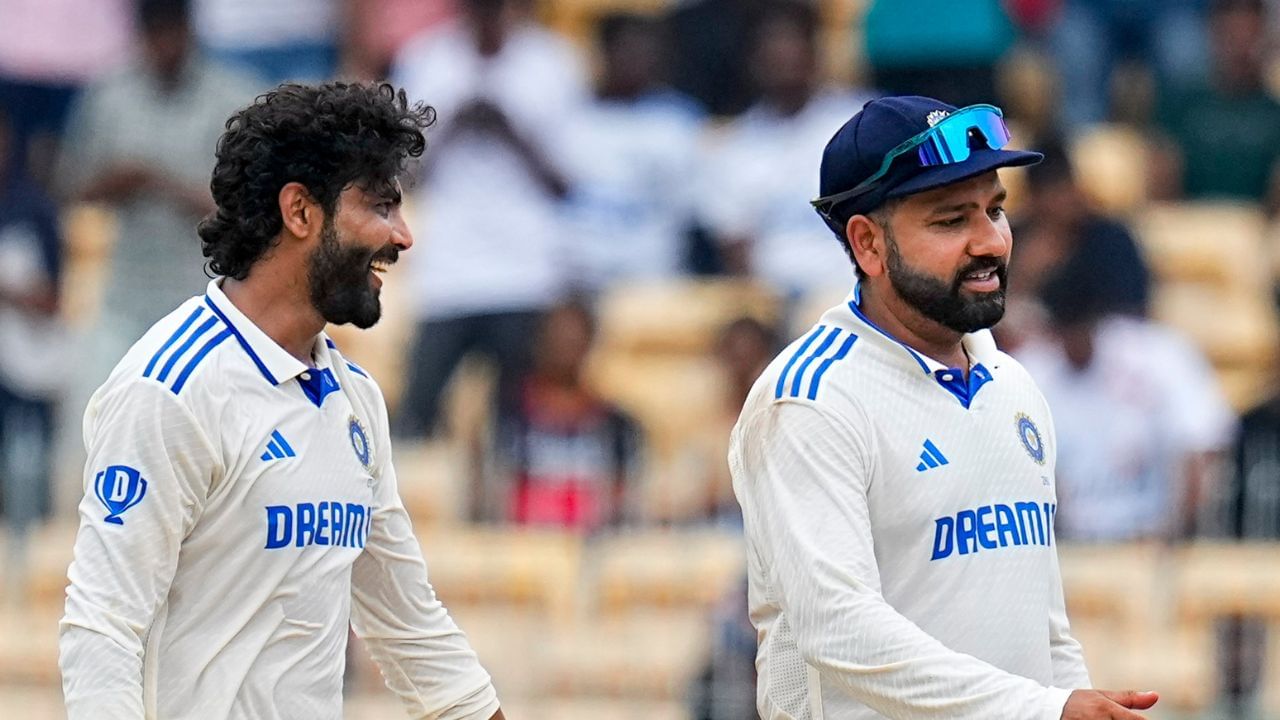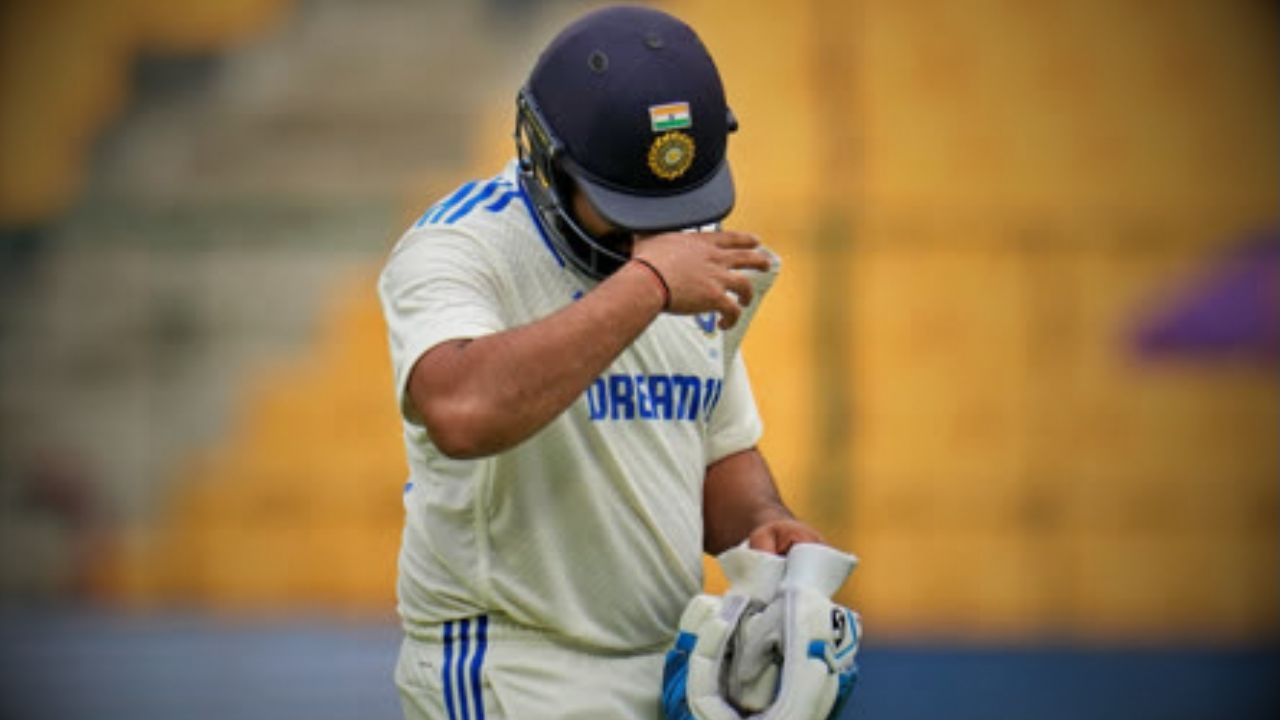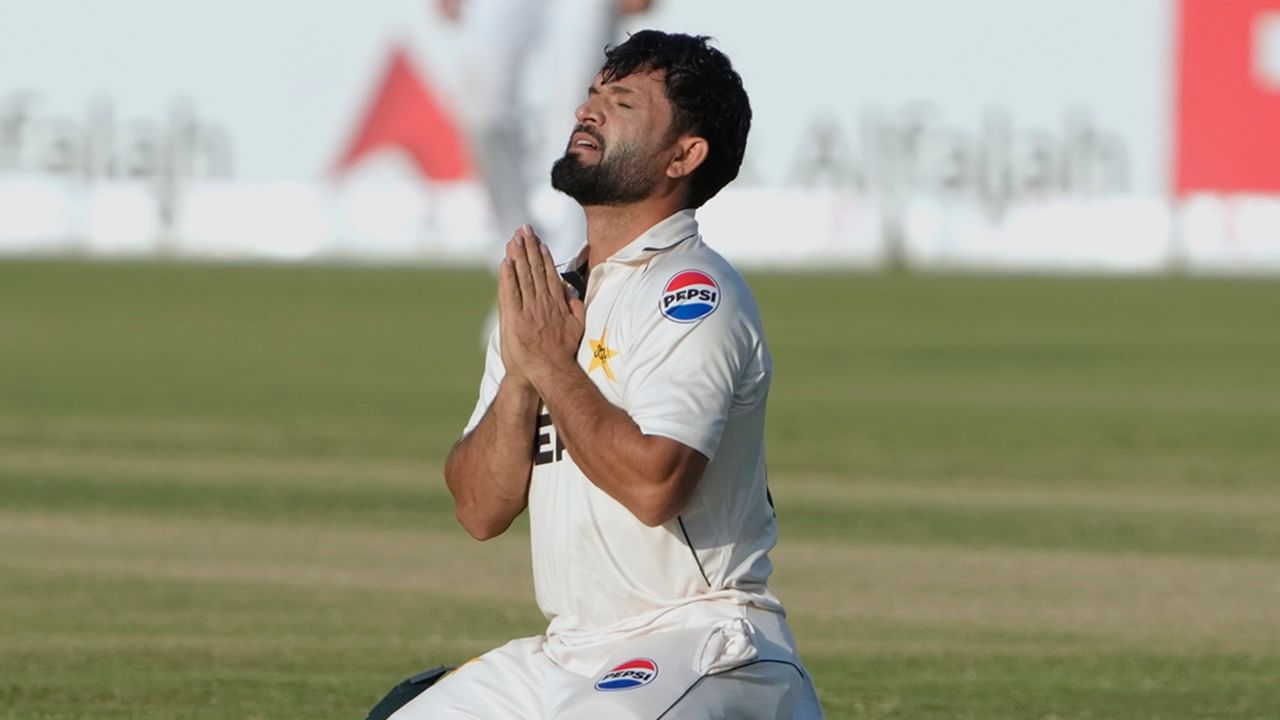The first day of the highly anticipated Kanpur Test match between India and Bangladesh was marred by rain, resulting in only 35 overs of play. The match, which commenced on Friday, September 27, saw the Bangladeshi team batting first, scoring 107 runs with the loss of 3 wickets. Team India won the toss and opted to bowl first, a decision that raised eyebrows as it did not yield the expected results. Despite the fast bowlers being deployed, they failed to exploit the conditions effectively, leading to questions about the strategic choices made by captain Rohit Sharma.
The Toss Decision and Its Implications
The rainy conditions delayed the start of the match at the Green Park Stadium, prompting the Indian team management to choose to bowl first—a rare occurrence in Test matches held in India, where batting first is usually the norm. Rohit Sharma’s decision, the first time in nearly a decade that a captain in India opted to bowl after winning the toss, came under scrutiny as the team struggled to get through the Bangladeshi batting lineup, taking only three wickets in the brief session.
Questions Raised on the Use of Ravindra Jadeja
During the first day, Rohit used a combination of four bowlers, which included three pace bowlers and veteran spinner Ravichandran Ashwin. However, the left-arm spinner Ravindra Jadeja did not bowl a single over during this period, raising notable concerns from cricket analysts. Former Indian batsman and now commentator Sanjay Manjrekar specifically highlighted this oversight, questioning the decision not to employ Jadeja against a Bangladeshi batting order predominantly made up of left-handed batsmen.
“Rohit needs to be shown this stat- JADEJA vs COOK, 2016 series: In 8 innings, got him out 6 times, conceded just 75 runs.”
Rohit tends to not bowl Jadeja early when there are left-handed batsmen at the crease. #INDvsBANTEST— Sanjay Manjrekar (@sanjaymanjrekar) September 27, 2024
Assessing the Decision: Was It Justified?
While it is common practice for teams to have right-arm off-spinners bowl against left-handed batsmen due to their tendency to target the off-side, it would be a disservice to suggest that left-arm bowlers like Jadeja lack effectiveness in such situations. Jadeja has a proven track record against left-handers, having claimed 102 left-handed batsmen out of his impressive 299 Test wickets. This statistic makes Manjrekar’s critique particularly reasonable, as Jadeja’s inclusion could have provided a significant advantage for the Indian team.
As the match progresses, it remains to be seen whether Rohit Sharma will reconsider his bowling strategy and make the necessary adjustments to utilize Jadeja effectively. The shifting dynamics of this Test could hinge on such timely decisions by the captain and the management, ensuring that they leverage all available resources to achieve a favorable outcome in this critical encounter.











